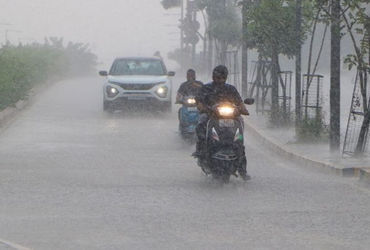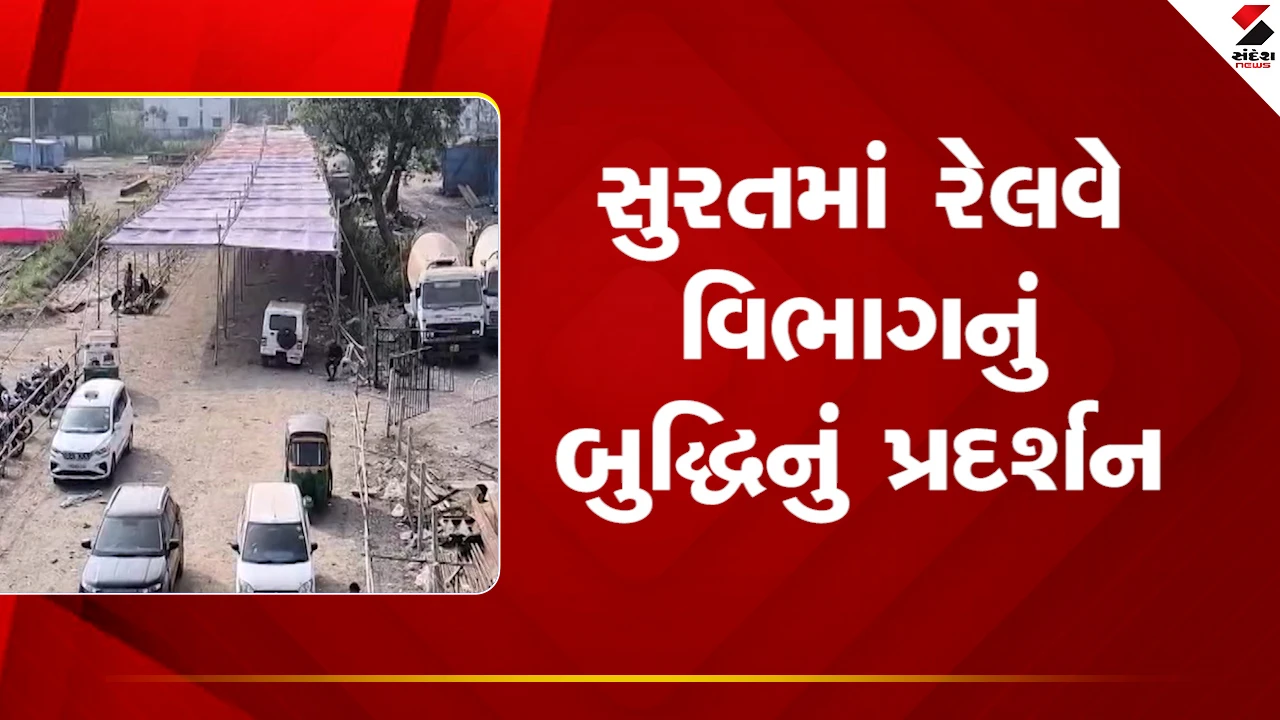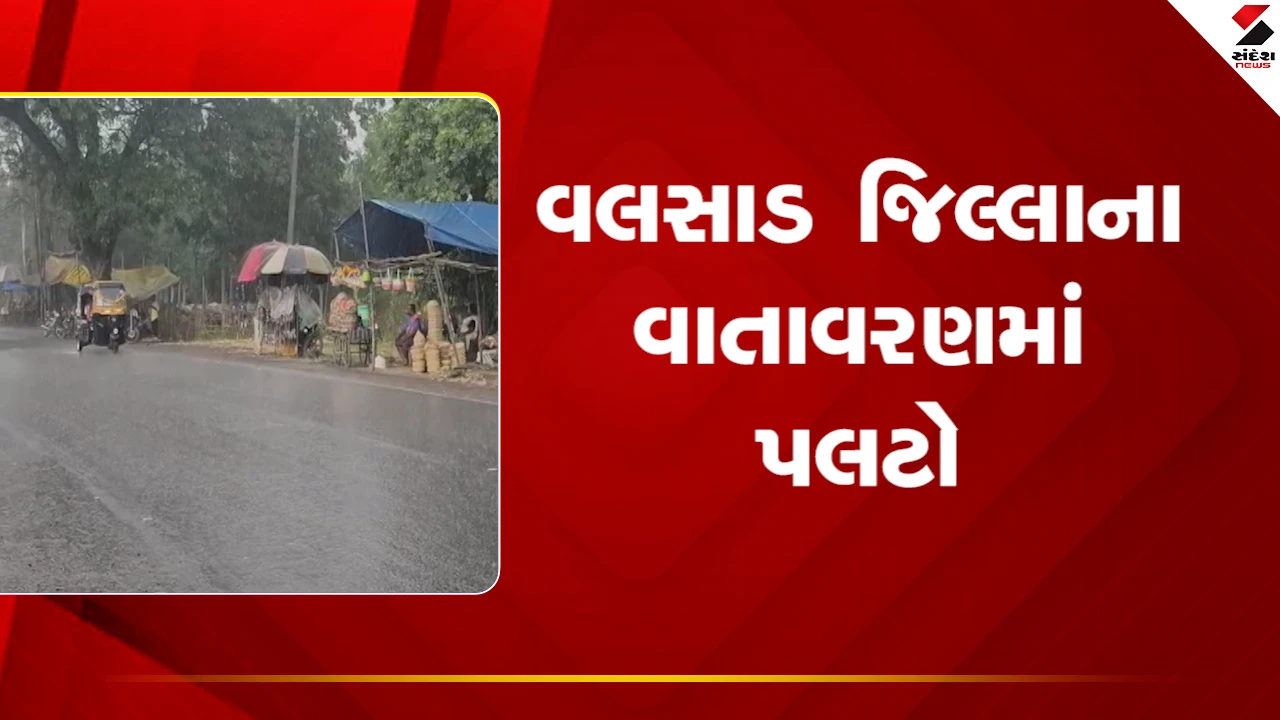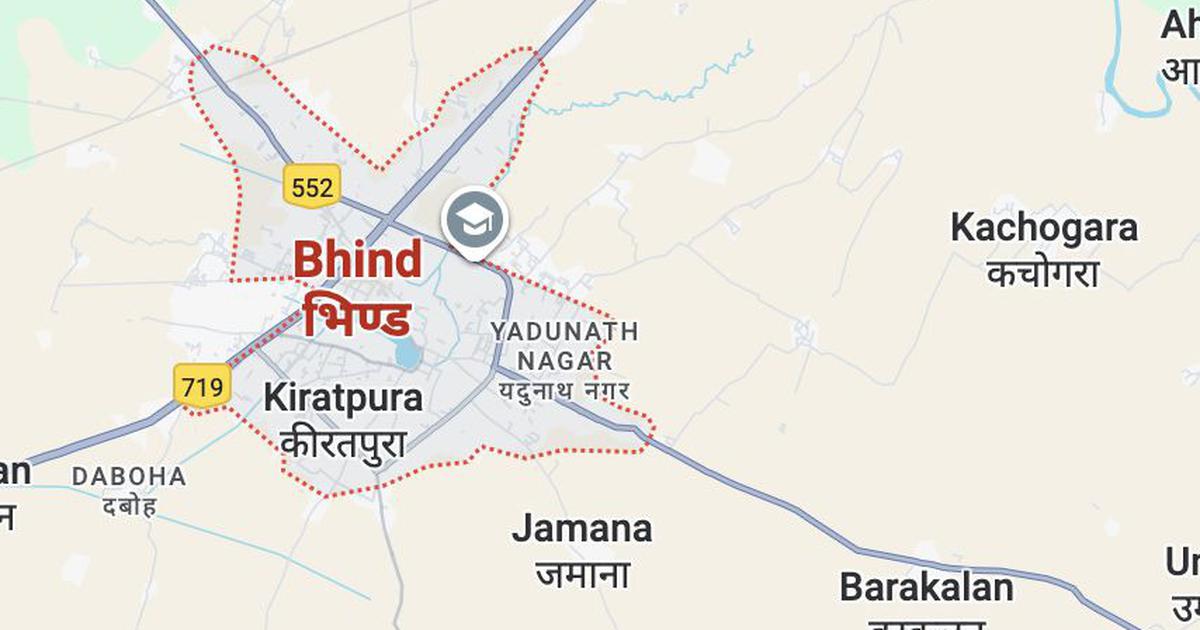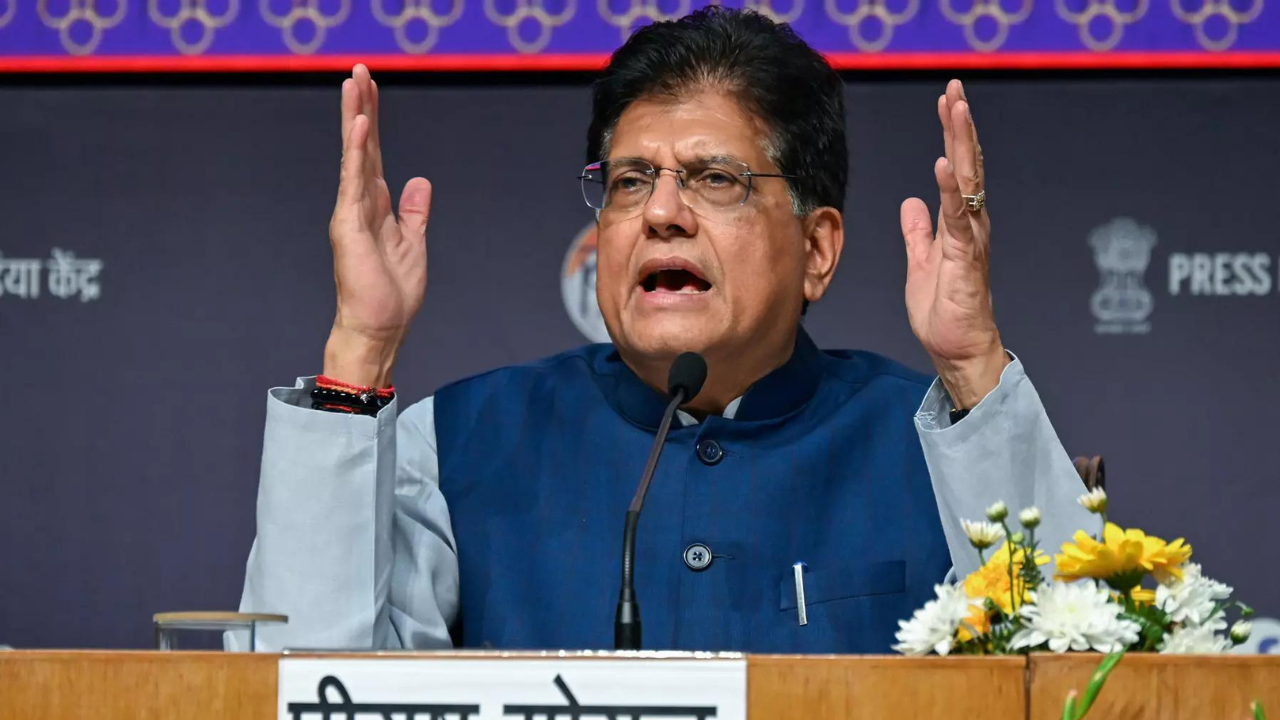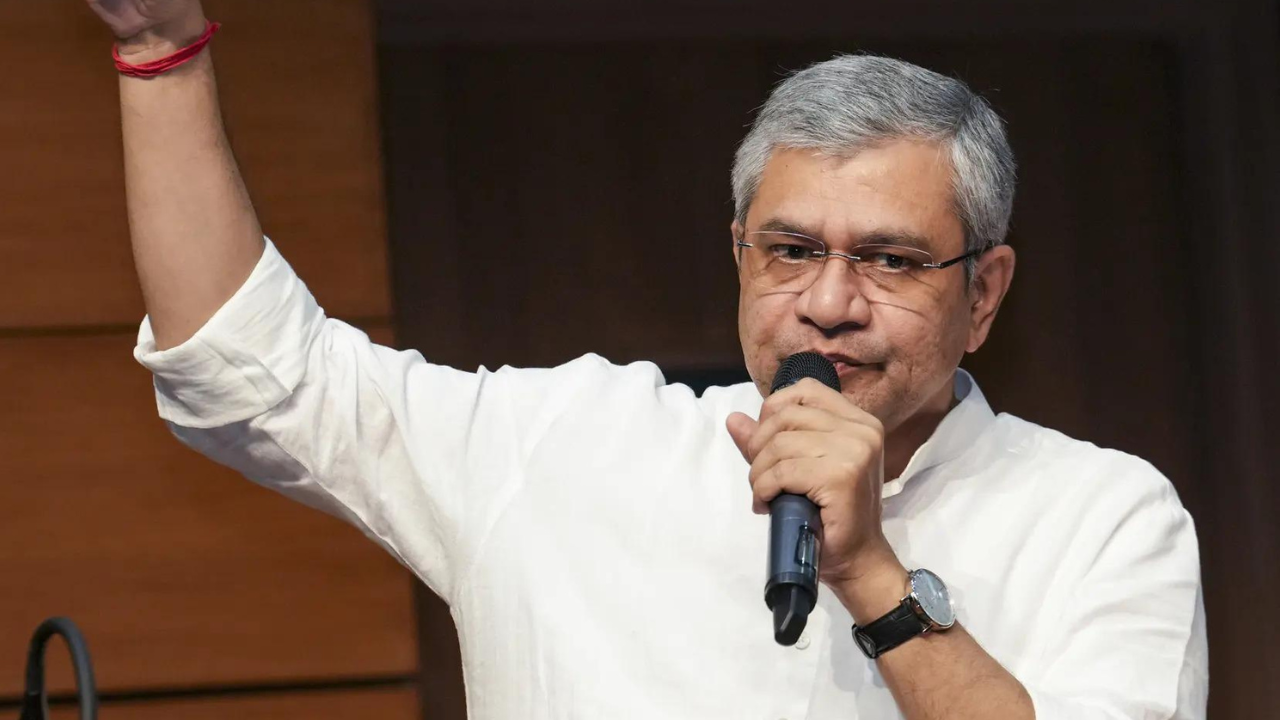‘Gandhi: The End of Nonviolence’: Rediscovering Gandhi in new ways to understand a fractious society

Join our WhatsApp Community to receive travel deals, free stays, and special offers!
- Join Now -
Join our WhatsApp Community to receive travel deals, free stays, and special offers!
- Join Now -

For far too long, studies on India’s Partition have remained stuck to the study of its causes, initially in the frame of “high politics” of negotiations and later in reference to some regions, viz. Punjab, Bengal, and United Provinces (now Uttar Pradesh). Subsequently, some inadequate attention was paid to Sindh and Bihar. In fact, the sufferings of Hindu minorities of Sindh are still waiting for meticulous attention from professional historians (Nandita Bhavnani’s 2018 book, Making of Exile: Sindhi Hindus and the Partition of India, is an exception; the author is a chartered accountant). Yet, predominant historiographic concerns remained essentially confined to exploring causation. Francis Tucker’s twin-volume account remains inadequately tapped by the historians working on the Partition. Why such a skewed attention to causation rather than to consequences? Does this possibly have to do with narrativising the blame games as per the convenient prejudices of the respective groups?
This has been essentialised that the Indian National Movement was a non-violent mass movement. Ironically, India won freedom in 1947, with religion-based territorial partition, killing and displacing each other on a very large scale. The politics around the wounds of that violence continues to create Hindu-Muslim fratricide intermittently to date. If at all, Partition had become...
Read more
What's Your Reaction?
 Like
0
Like
0
 Dislike
0
Dislike
0
 Love
0
Love
0
 Funny
0
Funny
0
 Angry
0
Angry
0
 Sad
0
Sad
0
 Wow
0
Wow
0


